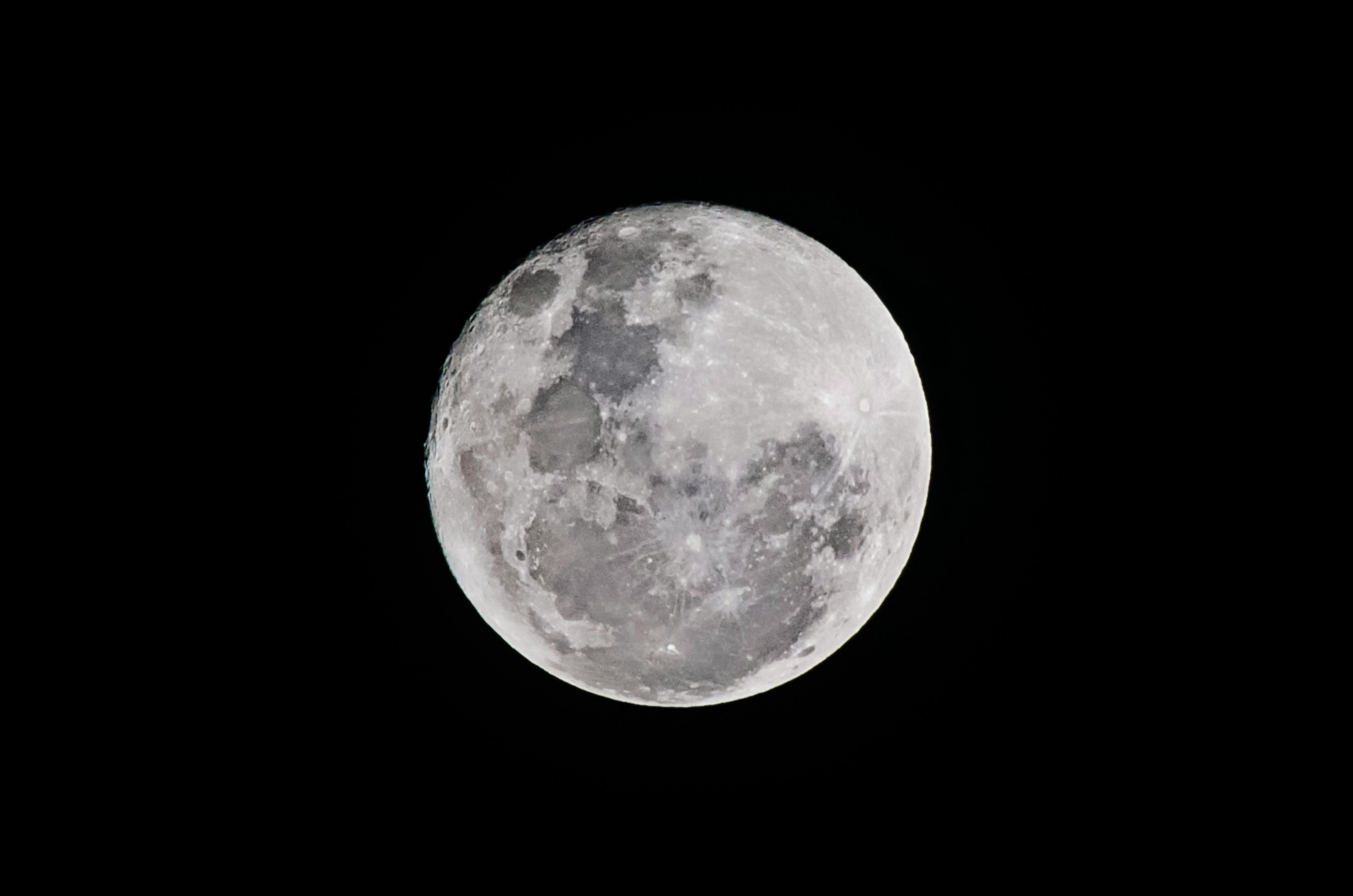Delving into the Intricacies of Astral Tourism: A Journey Beyond the Earth
A new realm of travel is emerging in the world. Astral tourism, a revolutionary concept, is reshaping the way we perceive travel and pushing the boundaries of what is deemed possible. This article delves into the past, present, and future of astral tourism, exploring its implications for the travel industry and the adventurers who dare to dream beyond the stars.

A Glimpse into the Past: The Genesis of Astral Tourism
The concept of space travel has been a fascinating topic for centuries, with early astronomers gazing into the night sky, imagining the wonders that lay beyond our planet. However, it wasn’t until the 20th century that these dreams started taking shape. The launch of Yuri Gagarin into space in 1961 marked a significant milestone, proving that humans could survive in space. Over the years, advancements in technology have made space travel more feasible, leading to the birth of astral tourism.
Current Trends: The Dawn of Private Space Travel
Presently, the landscape of astral tourism is dominated by private corporations like SpaceX, Blue Origin, and Virgin Galactic, aiming to make space travel accessible to civilians. They offer a range of experiences, from suborbital flights to potential stays on space stations. The recent successful spaceflights by billionaires Richard Branson and Jeff Bezos signify a crucial step towards commercializing space travel.
Advantages and Challenges: The Double-edged Sword
Astral tourism holds immense potential for scientific discovery, economic growth, and fulfilling mankind’s innate desire to explore. However, it also presents several challenges. The environmental impact of rocket launches, the astronomical costs associated with space travel, and the potential health risks to tourists are significant hurdles that need to be addressed.
The Future: A New Dimension in Travel
The future of astral tourism is teeming with possibilities. With the ongoing development of spaceports and the prospect of lunar and Mars colonies, this sector is set to revolutionize the travel industry. Moreover, it is likely to reshape our perspectives on life, culture, and our place in the universe.
Space-Savvy Insights
- Space travel can have profound psychological impacts, known as the “overview effect.” This term refers to the cognitive shift in awareness reported by astronauts during spaceflight, often while viewing the Earth from orbit.
- The term “astronaut” originates from the Greek words “astron,” meaning star, and “nautes,” meaning sailor.
- The weightlessness experienced in space is often mistaken as zero gravity. However, gravity is still present; the sensation of weightlessness is due to the continuous state of freefall while orbiting the Earth.
In conclusion, astral tourism is much more than a novel trend. It represents a new chapter in the annals of travel and exploration, promising to offer unparalleled experiences while challenging our understanding of the universe and ourselves. As we stand on the precipice of this exciting era, it is crucial to navigate its complexities with a sense of adventure, responsibility, and foresight.




